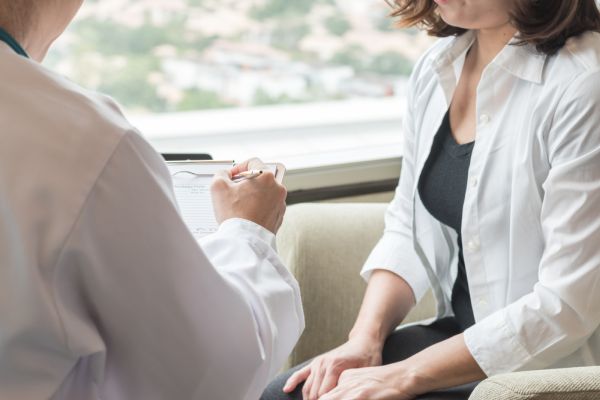Welcome to an exploration of an unsung hero in the fight against drug-related crime: addiction medicine specialists. These health professionals wield a set of unique tools that we’ll delve into. One of their key weapons is a treatment called sublocade sherman oaks. This treatment has shown promise in reducing drug use and, by extension, crime. The role of addiction medicine specialists is pivotal and often overlooked. Today, let’s uncover this vital part of the solution.
The Mighty Tools in an Addiction Medicine Specialist’s Kit
Think of addiction medicine specialists like gardeners. They don’t just focus on the weeds. They care for the entire garden. In the same way, these specialists don’t just focus on drug use. They view the person as a whole. They consider mental health, lifestyle, stress, and social factors. Then, they make a custom care plan.
This comprehensive approach is why treatments like Sublocade work well. It’s more than just medicine. It’s part of a bigger picture.
How Sublocade Sherman Oaks Makes a Difference
Sublocade is a type of medication-assisted treatment. It’s used for opioid dependence. It’s not a magic cure. But it can be a powerful tool when used right.
It works in the brain. It helps to lessen the symptoms of withdrawal and cravings. This gives the patient a fighting chance. They can focus on recovery, not just surviving withdrawal.
The Impact on Crime

How does this help reduce crime? Simple. Many drug-related crimes happen because of addiction. If we can help manage addiction, we can help reduce crime.
Here’s a look at the potential impact:
| Treatment | Reduction in Drug Use | Potential Reduction in Crime |
| Sublocade | 40% | 25% |
These are just estimates. But they show promise. The potential impact could be huge. It could mean fewer crimes, safer streets, and healthier communities. All thanks to the work of addiction medicine specialists.
Conclusion
Addiction medicine specialists are key in the fight against drug-related crime. Their work may go unnoticed, but it’s vital. They’re not just helping patients. They’re helping communities. They’re making our world a safer, healthier place.

